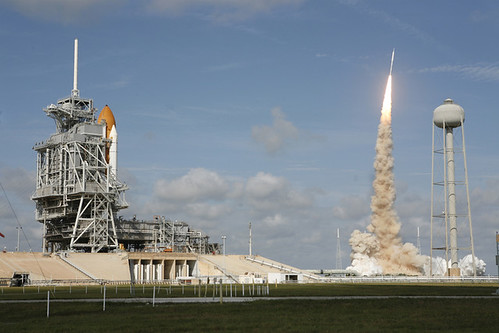The Theory of Relativity and Space Travel
Can the Theory of Relativity help us travel farther in space?
Space travel is growing more and more important. If we really want to explore the cosmos, we have to study the Theory of Relativity. Albert Einstein’s theory of relativity, initially suggested in 1905, has had a tremendous influence on our understanding of the cosmos and how we interact with it, notably in terms of space flight. One of relativity’s main ideas is that space and time are not independent things, but rather are interwoven in what is known as spacetime.
This has significant ramifications for space travel since the effects of spacetime may produce time dilation, which is the stretching or contraction of time based on an object’s velocity and gravitational forces. As a result, space travelers traveling at high speeds or near huge objects like black holes will see time differently than people on Earth.
This has many implications for space travel, since it means that spacecraft moving at great speeds or over vast distances will experience time differently from spectators on Earth. Because of the time dilation effect of being in orbit, astronauts aboard the International Space Station age slightly slower than their Earth-bound colleagues.
Understanding and accounting for these effects is critical for effective space navigation and communication, and will continue to play an important role in the future development of space exploration and travel. Ultimately, relativity theory has radically altered our view of space and time, and it continues to influence our exploration and interaction with the cosmos.
Related Stories:
https://www.space.com/17661-theory-general-relativity.html
https://www.techtarget.com/whatis/definition/theory-of-relativity
https://www.livescience.com/58245-theory-of-relativity-in-real-life.html
https://vis.sciencemag.org/generalrelativity/
Take Action:















